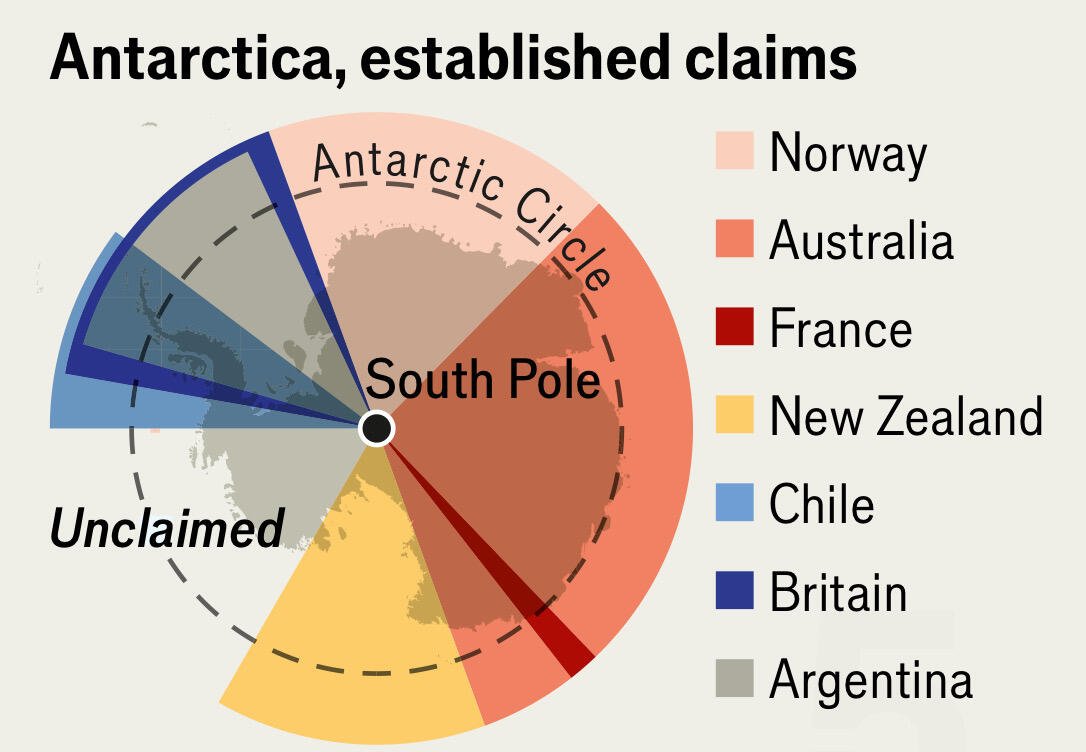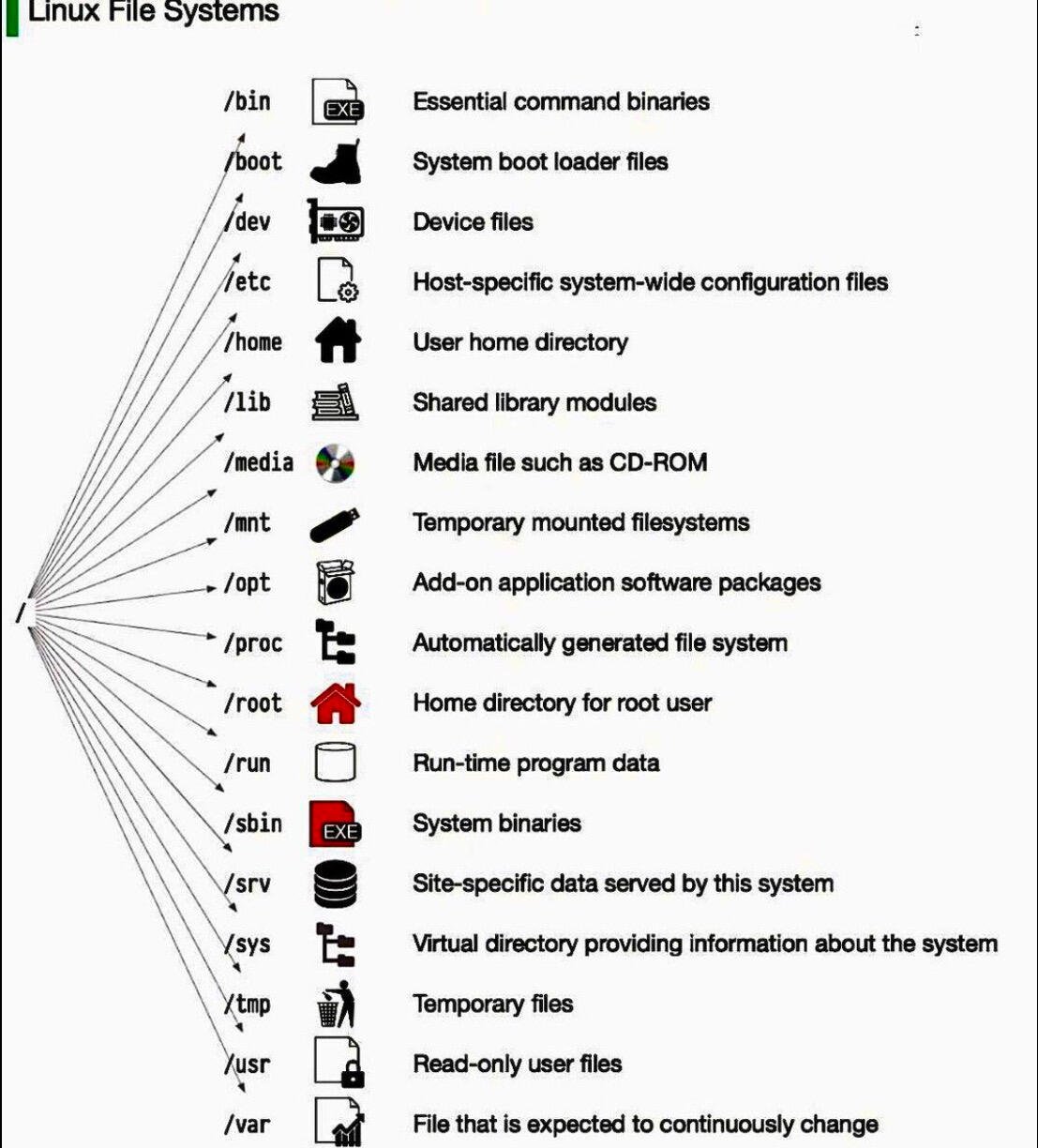#Nostr, which stands for “Notes and Other Stuff Transmitted by Relays,” is a decentralized social media protocol designed to offer a more open and resilient alternative to traditional social platforms. Instead of relying on centralized servers and corporate control, Nostr operates on a network of relays where users control their own data and communication through cryptographic keys. This decentralized approach appeals to advocates of free speech, privacy, and censorship resistance.
Let’s break down Nostr using McLuhan’s tetrad model:
1. Enhance: What does Nostr amplify or make possible?
• Decentralization and user control: Nostr enhances individual control over personal data, as users store their own information rather than relying on centralized servers.
• Privacy and censorship resistance: Because Nostr is decentralized, users can bypass the content moderation typical of major social media platforms, allowing for more open and potentially censorship-free communication.
• Interoperability: It enables a more flexible communication structure, where any application or user can interact on the same protocol, breaking down silos between platforms.
2. Obsolesce: What does Nostr push aside or render less important?
• Centralized social media platforms: Nostr reduces the need for traditional, centralized platforms (like Twitter or Facebook) by providing an alternative where users don’t depend on a single company’s servers or policies.
• Corporate control and data mining: The need for advertising-based revenue models or large-scale data collection becomes less relevant when data isn’t housed on centralized servers that can mine and monetize it.
• Traditional content moderation: With decentralized control, the concept of centralized moderation may become obsolete, placing responsibility for moderation in the hands of individual users or communities.
3. Retrieve: What does Nostr bring back from the past?
• Peer-to-peer (P2P) communication: Nostr retrieves the early internet ethos of peer-to-peer networking, where users could connect directly without reliance on a central authority.
• Anonymity and autonomy: Like early online forums and bulletin board systems (BBS), Nostr returns some of the internet’s original promise of pseudonymity and autonomy, allowing users to engage more freely without centralized oversight.
• Open-source ethos: Nostr brings back the collaborative, open-source nature of early internet communities, where users contribute to the protocol’s development and build applications on top of it freely.
4. Reverse: What does Nostr turn into when taken to an extreme?
• Fragmentation and echo chambers: Without centralized moderation, Nostr could lead to fragmented or isolated communities, each with its own standards, potentially fostering echo chambers or extremism in isolated pockets.
• Information overload and lack of accountability: Decentralization could lead to an overload of information without reliable content curation, making it difficult for users to discern credible information from misinformation.
• Reliance on users for moderation: When moderation is solely in the hands of users, it can become chaotic, or certain communities might impose overly restrictive rules. At an extreme, the lack of centralized content control could undermine a sense of shared norms or community standards.
Summary
Through McLuhan’s tetrad, we see that Nostr pushes forward ideals of decentralization, privacy, and user autonomy, offering a model free from the limitations of centralized social networks. However, in its extreme form, it risks a lack of cohesion, reliability, and shared accountability, which may hinder its usability and reliability as a mainstream social platform. This analysis helps illuminate Nostr’s potential to reshape online social structures, while also revealing the challenges it might face if pushed too far in any direction.

